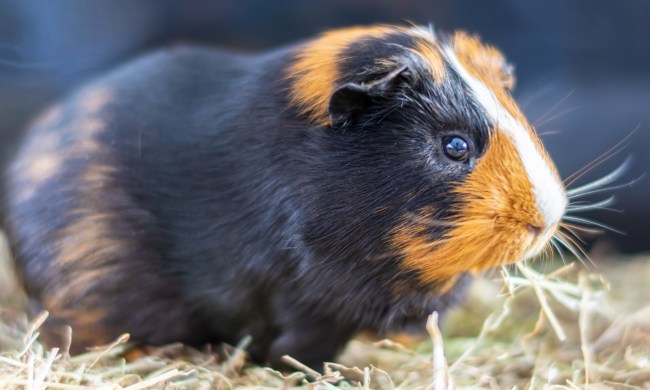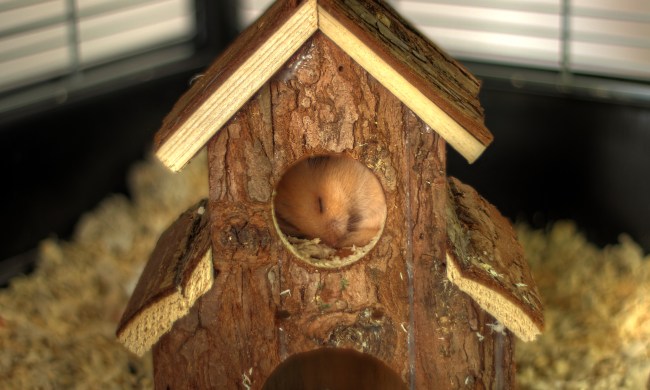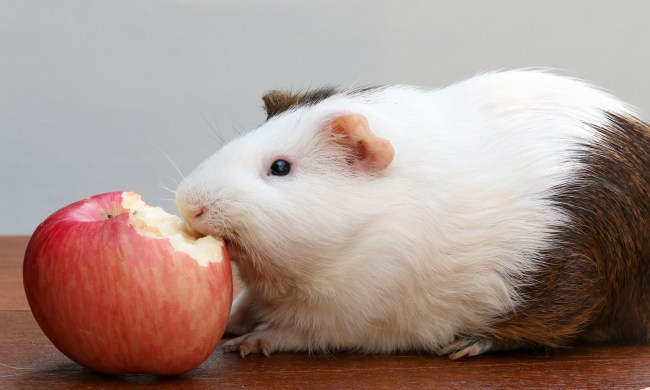If you’re just bringing home your first popcorning pig, you’re in for a real treat. Guinea pigs are smart, funny, cute, and relatively inexpensive in the grand scheme of pets. Just like you, animals have needs for food, shelter, and water (luckily, that one’s usually free). All told, you might spend hundreds or even thousands on your little guy from start to finish. Get a good handle on the expected costs before you decide to bring one of these handsome devils home so you never find yourself surprised.
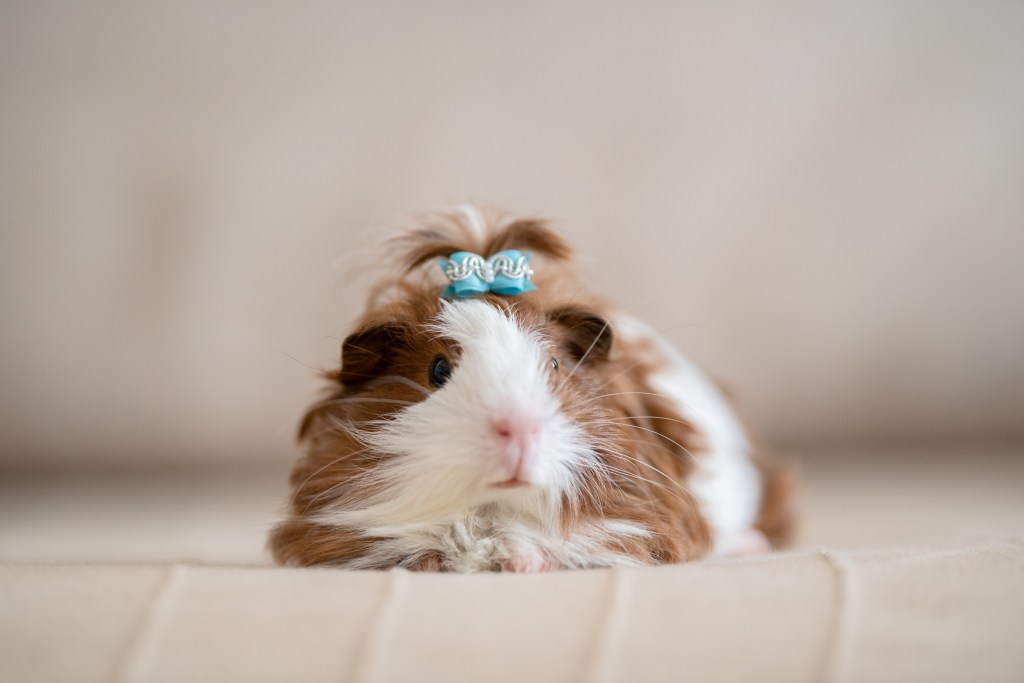
Is a guinea pig a good pet?
If you’re looking for a highly engaging, yet relatively chill small pet, you couldn’t really do better. While all four-legged friends demand our time, money, and attention, you will not wind up putting in as much for piggies as you would for a different creature. But, and we cannot stress this enough, you must determine that you’re up to the challenge of owning an adventurous and excitable little guy, or more accurately guys.
How expensive is a guinea pig?
You will likely find that buying the actual guinea pigs winds up being the smallest part of your pet budget. This price should vary a bit, based on which kind of guinea you decide to get. There are a few different species, the cheapest of which will set you back around $25 per pig and the most expensive will be closer to $50. Look into free options as well such as adopting a pet from a shelter or rehoming an animal from a friend or neighbor.
Should I get 2 or 3 guinea pigs?
Either way! The only rule is that you can’t get just one. Unlike hamsters, who prefer a solitary existence, pigs flock together. They need constant company, so try to match a couple or three who are close in age and bond together. You do need to be careful to prevent fighting or mating, which generally means keeping same-sex herds and/or fixing the animals. Carefully introduce any new critters to the mix, allowing them to get to know one another. In the worst case, you can split a few members to live in pairs, while allowing the herd to mingle under supervision.
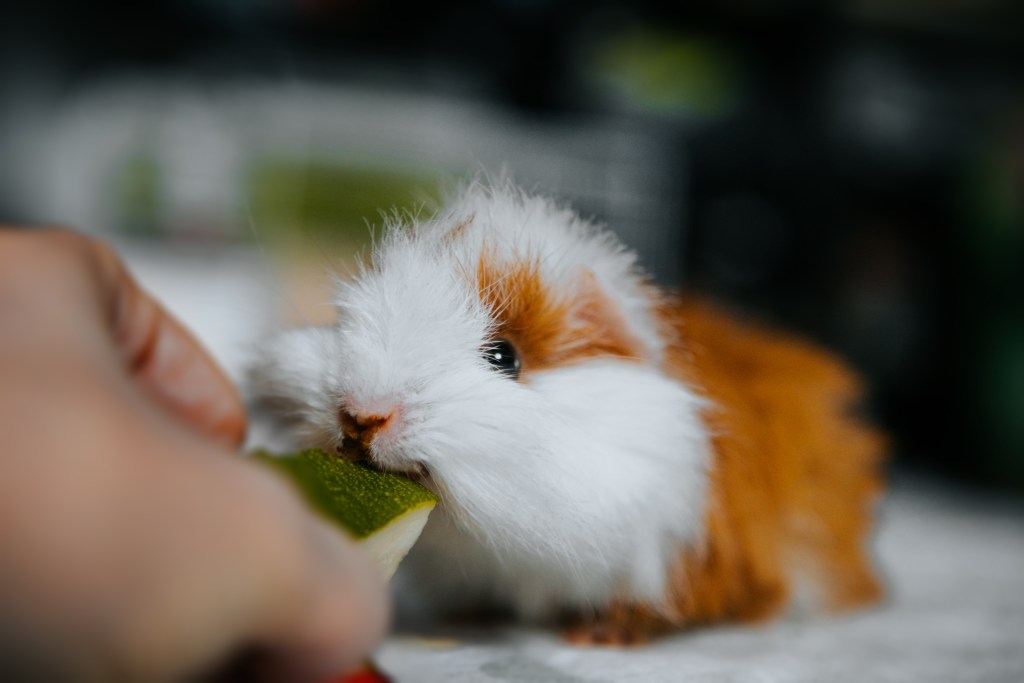
How much are guinea pigs?
OK, we covered the cost of the rodents themselves, but a lot more goes into raising them. For starters, you want to set up an enclosure, or multiple ones, well in advance of taking in your new pets. Then you’ll have startup costs, recurring costs, and incidental costs, all of which need budgeting and planning.
Startup costs
Set aside $50 per pig just to be on the safe side, and remember that you must get two or more. However, you also need a cage (plus maybe a travel cage or pen), toys and accessories, and feeding dishes. Budget about $200 for your setup, though you can rack up a lot more if you decide to go all-out with the decorations. Of course, while it seems like an added cost, toys and exercise equipment are truly not optional or your animals will get bored and can become depressed.
Recurring costs
In this bucket, we’re looking at food, bedding, grooming supplies, and scheduled checkups. You want to ensure that you get your furry friends to the doctor at least once a year or every six months as they get older. Start with the first one right away after bringing them home to get a good baseline and confirm that all are in good health. This is also a good time to discuss your diet and grooming practices. On the low end, put aside about $500 for each animal per year to cover all these.
Incidental costs
Here we’re talking about emergency vet bills and medicine, travel or petsitting, and occasionally replacement items. First off, guineas are chewers, so while you want to get a good spread of toys off the bat, eventually they’ll need new ones. Make sure too that you have an emergency fund in case any of your pigs comes down with something or requires dental care, quite common in rodents. Lastly, put together a vacation plan, whether it’s boarding or a drop-in sitter. Schedule care at least once a day for an hour just to make sure they get enough attention or you might face behavior regression when you return. Keep a few hundred in your rainy-day fund for these costs.
Don’t let the dollar signs scare you off. Your guinea pigs will earn their worth a hundredfold. While we recognize that this is a great pet for newbies or younger kids, we don’t like the term “starter pet.” Remember that your pigs could live up to a decade — that’s a big commitment! And they don’t usually do well with dogs and cats unless you can take extreme precautions, such as keeping them on separate floors. So while it might be tempting to bring home a small cutie while you wait for the right time to adopt a pup, you’ll be waiting a long while. Instead, only take in guinea pigs if those are the pets you truly want to own.

